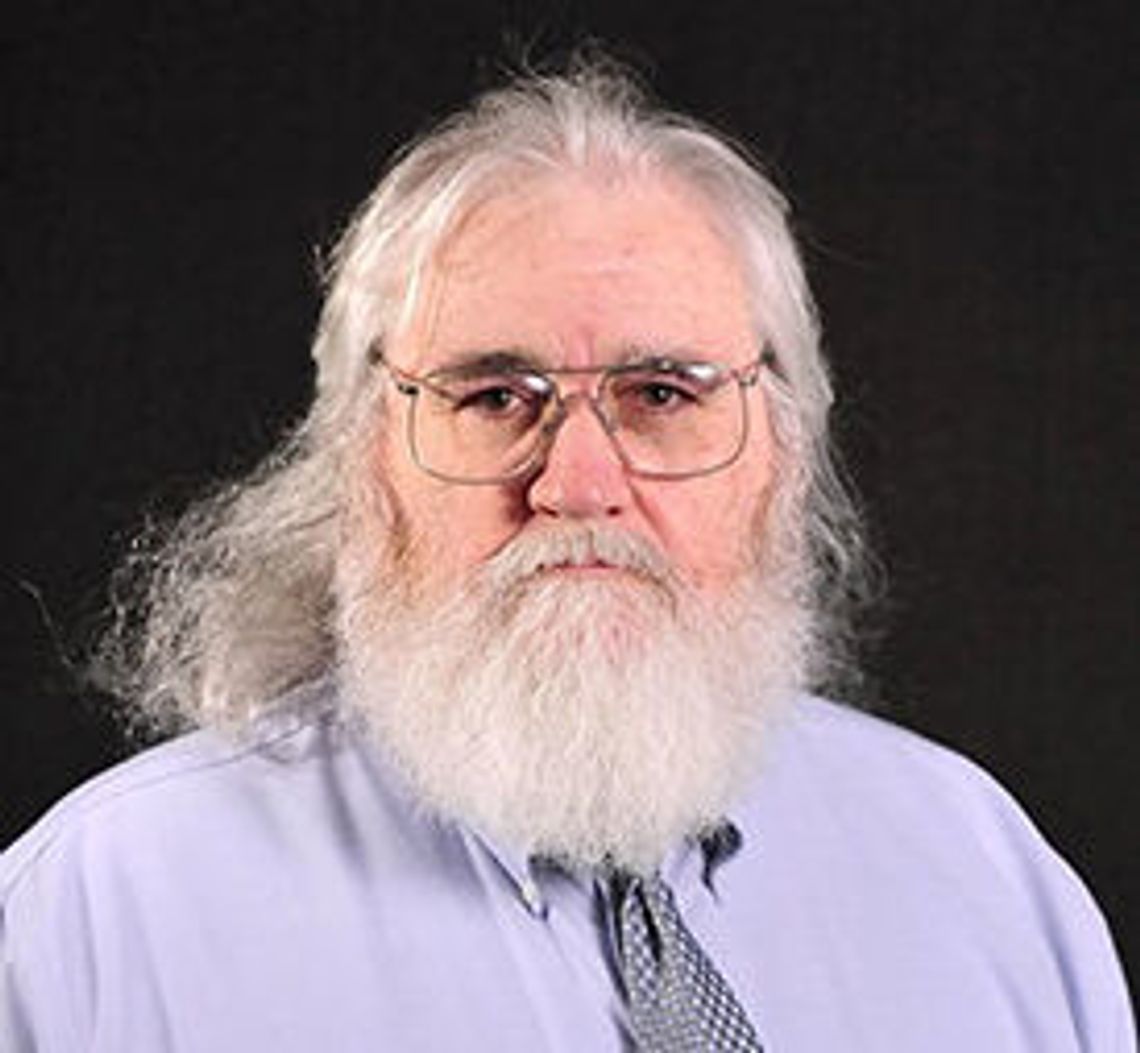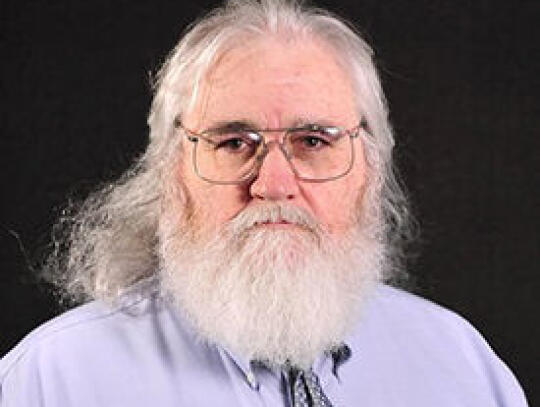Steaming mug shaking slightly in an already over-caffeinated hand, unfiltered Lucky Strike dancing to word tunes as he talked, the second publisher for whom I ever worked once told me that since I neither drank coffee nor smoked cigarettes I needed to get out of newspapers as I obviously had no future in the business.
It’s taken me nearly half a century to heed that heart-felt advice, but the time has come to get out of the newspaper business. Or at least day-to-day involvement in the news gathering and publishing process.
That particular owner/publisher was a short feisty firebrand with a TNT temper who never dodged a good political fight and frequently made enemies faster than he made friends, which didn’t help his attempts at selling ads or keeping the business open. On more than one occasion I had to accompany him on collection rounds so we could get paid that week.
But he was a “newspaperman” through and through, one of many from both genders with whom I’ve been fortunate enough to work in the 51 years since my first bylined story–filled with typos and lousy writing–graced the sports page of the local paper and started a life-long fascination with the inexact process of mixing events, words and readers.
How do you say goodbye to a love affair with a career that started with a naïve teenager whose first editor came to the high school in search of someone to write sports stories, and ends with a well-worn graybeard leaving behind millions of words offered for public consumption in multiple markets across the state of Georgia?
A rotund, sleepy-eyed county commission chairman, upset over something written about the South Georgia government he headed, ended a harangue about the story by saying to me “I know you have to write the truth, but do you have to make it sound so damn true?”
Among the millions of words that have found their way from keyboard to the public, I hope a lot of them have made things so damn true their significance couldn’t be avoided. More importantly, I hope I’ve helped others to cultivate the same mindset along the way.
I’ve been fortunate to have a career that has spanned what likely are the twilight years for the romanticized notion of newspapering. The need for information is always going to be prevalent, but the delivery methods are rapidly changing.
The idea that a printed newspaper so “hot off the press” the ink will smear is essential to the news stream will soon become as quaint a notion as those old IBM Selectrics, whose rat-a-tat-tat pounding of type balls once filled newsrooms with a background sound most noticeable when it was absent.
Whatever the process involved in delivering news to the public, the importance of the job will remain, and a whole new generation of talented, committed younger journalists stand ready to do it.
Looking back, there are so many memories of important stories, amazing interviews, crazy coworkers (trust me on that one), long hours, hard work, and communities made better by the fact they were served well by a local newspaper.
It’s been a great career, one only slightly marred by two lingering regrets.
From the very beginning, in every market in which I’ve worked, there have been painful stories dealing with racial conflict — inequality, bias, prejudice, hatred, confrontations. Having seen “white” and “colored” water fountains and restrooms as a child, I know full well how far we’ve come. But I also know how far we still must go. I had hoped that by the time my career ended this particular story line would be one with which a new generation of reporters would never have to deal. Unfortunately, that isn’t the case.
The second major regret is that, as a profession, we haven’t done a better job of making the public understand the importance of a free press, and how vital its existence is to the future of our nation as a functional republic.
That a certain former president would refer to the press as an “enemy of the people” makes obvious the lack of understanding of the role played by credible, professional reporting.
We’ve failed to explain that social media platforms do not have reporters and do not generate news content. Rather, they steal from traditional media companies, repackage stories done by others, and feed them to the masses based on satisfying personal preferences rather than providing unbiased information.
If you want credible local news to continue to be available, you have to invest in it. The way to do that is to buy a subscription for a printed newspaper or a digital product produced by a traditional media company. If those companies fail, none of us are going to be accurately informed about anything, and our future will be bleak indeed.
As for myself, I’ll be joining the ranks of the “semi-retired.” No longer involved in the day-to-day operations of any single newspaper for the first time in five decades, but still working a bit behind the scenes at the corporate level, trying to help keep media operations financially viable and sustainable.
And if, perhaps in some shady bar or at a social event, someone happens to ask what I once did for a living, I’ll tell them I was a newspaperman. And I’ll say it with such pride that they will know for sure it is a claim that is not just true, but damn true.
• Baggs, a native of Blackshear, recently retired from The Gainesville Times following a 51 year career in journalism. He is a former news editor of The Blackshear Times.











